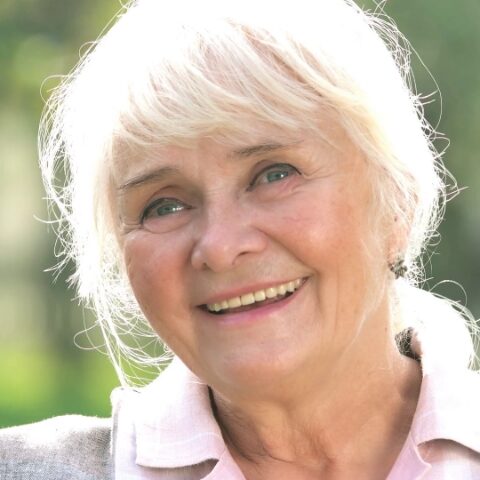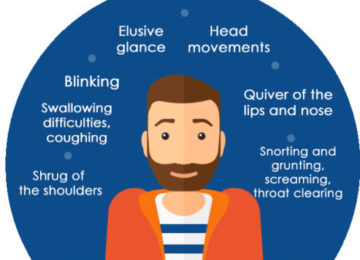A student with TS in my classroom!
Hearing about a TS diagnostic can be scary. It’s important to understand that each individual living with TS is unique. Also, this symptom is expression depend on each individual and may fluctuate and very over time.
By definition, TS is a neurological disorder that is diagnosed based on the presence of more than one motor tic (simple or complex) and at least one vocal tic over a period of at least one year. Tics are not constant so they can fluctuate in time and in intensity depending on many factors. TS affects about 1 to 2% of the population and 3 to 4 times more boys than girls. However, TS does usually not come alone. It often comes with many other troubles or difficulties such as ADHD, anxiety, rage episodes, OCD, dysfunction in sensory integration, learning disabilities and many others. To better illustrate this, we re-present TS as a sun. Many difficulties are not necessarily included but as each individual is unique, it is important to have the complete picture to be able to support, equip and secure the student.
When a student with TS feels accepted, welcomed and appreciated with its difficulties and challenges, many symptoms tend to considerably decrease. For example, the more you ask the person to stop the tic, the more the tic will be expressed; this will then create a lot of anxiety which in turn could trigger other problems.
Unfortunately, there is no magic formula that will work every time. It requires adjustments, on a case by case basis, depending on the main difficulties for the student, and in working as a team with the parents the various collaborators including external professionals. The more the team is strong and united, the more the various members of the team are informed on TS, the better the chances of success and positive inclusion. To this end the plan of intervention is often the best opportunity to bring together everyone’s knowledge and observations in order to offer a customized plan of action that will have the best chances to meet the objectives.



















Many times, I thought to myself: “a good thing that the Association exists.” This Facebook where I can express my emotions, find support without judgement.
Suzanne Tremblay
58 ans | Québec, QC